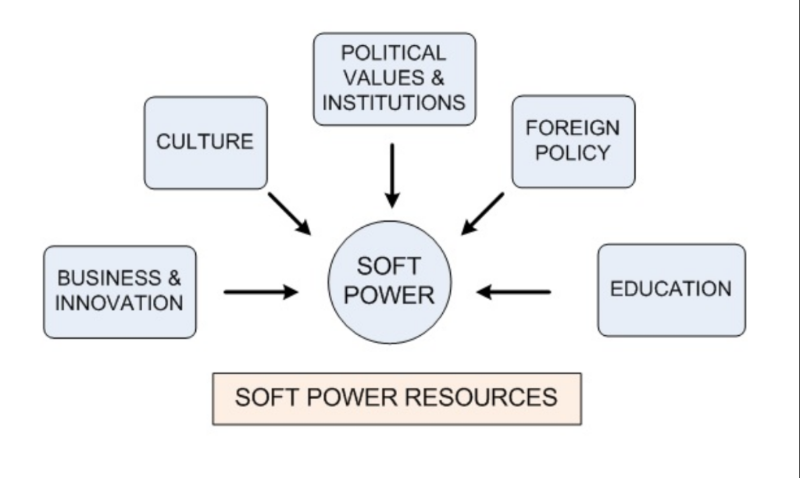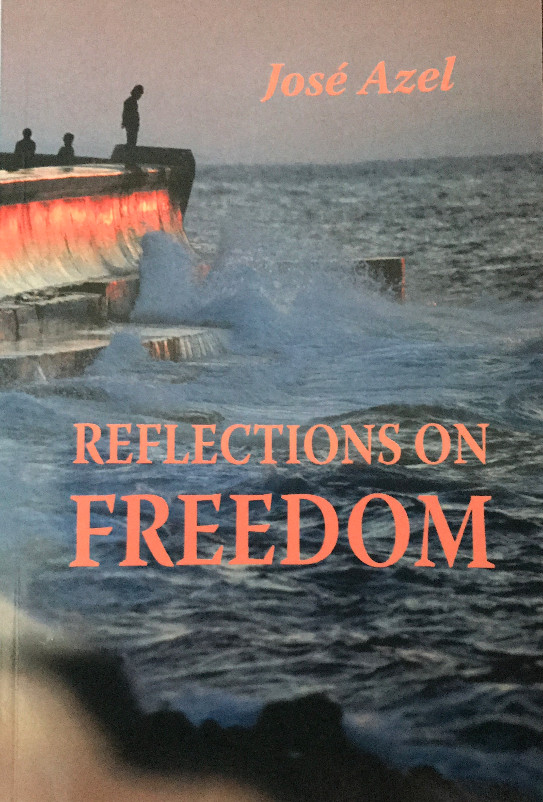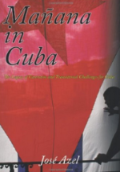| Hard and soft powers are two types of foreign policy tools that nations use to exert influence in their relations with other countries. Hard power, the predominant tool and measure of a nation’s power, involves the use of military and economic clout to influence the political behavior of other nations. Hard power is a coercive approach to international relations which Harvard University professor Joseph Nye describes as “the ability to use the carrots and stick of economic and military might to make others follow your will.” |
|
Hard power relies on the quantity and quality of a country’s resources: its population, territory, military strength, economic power and natural resources. Hard power focuses on the threat or use of force, or economic means to achieve political goals.
In contrast, soft power, a term coined by Professor Nye, denotes the ability to shape the preferences of other nations through co-optive appeal rather than through coercion. Soft power relies on affinities in culture, politics, values, or foreign policies. According to Nye, “A country may obtain the outcomes it wants in world politics because other countries—admiring its values, emulating its example, aspiring to its level of prosperity and openness—want to follow it.”
Cuba, since its 1959 Cuban Revolution, has exercised hard and soft power worldwide disproportionately in excess of its resources and capabilities.
In the 1960s, 70s, and 80s, with the support of the Soviet Union, Cuba exported its brand of military revolution throughout the developing world to foment and aid Marxist uprisings.
As early as 1961, Cuba introduced military advisors in Africa, and in 1965 Che Guevara was sent to train and lead an insurgency in the Congo. The uprising failed, but two years later Guevara was again active in Bolivia, where he was captured and executed.
Cuban elements were also involved in the Vietnam War reportedly with an engineering battalion that maintained a major enemy supply line into South Vietnam. Brutal Cuban interrogators also worked in prisons in Hanoi.
The Cuban military also joined Syria and Egypt in their 1973 surprise invasion of Israel. The Castro government dispatched 4,000 combat troops along with tank elements to fight against Israel.
In 1975, Cuba launched a large-scale military intervention in support of the People’s Movement for the Liberation of Angola with more than 25,000 troops.
In 1977, the Castros dispatched 15,000 Cuban troops along with armored vehicles, and artillery to help Ethiopia’s ruling party in its conflict with Somalia over the disputed Ogaden region.
Cuban troops intervened in Angola once again in 1988. This time troop levels reached 55,000 and included MIG-23 fighter-bombers with Cuban forces fighting South African forces in intense conventional combat.
To this we can add extensive incursions by Cuban operatives in the Caribbean and Latin America and the current massive deployment of Cuban personnel in Venezuela.
To fully appreciate the disproportionality of this use of hard power consider at what cost Cuba, with a population of eleven million and a GDP per capita 100th in world rankings, has maintained this level of military interventionism for six decades. For reference, the Unites States’ 2003 invasion of Iraq, consisting of 21 days of major combat operations, is estimated to have cost the U.S. economy over two trillion dollars.
But the most bizarre aspect of Cuba’s foreign policy is its highly successful projection of soft power which continues to this day.
Cuba presents a discredited ideology and a bankrupt economy. The Cuban revolution transformed, what in 1958 was one of the most prosperous countries in Latin America, into an enormously repressive and pauperized dysfunctional state from where 20% of the population has fled. According to the “Freedom in the World” report, Cuba scores in the worst-of-the-worst categories for political rights and civil liberties. The regime possesses none of the virtues of soft power. Socioeconomically, Cuba offers nothing to emulate, admire or aspire to. Discredited Cuba should not be able to exercise any soft power.
And yet, we constantly witness support for the Cuban government in international forums, and the sickening, incomprehensive sycophancy of world leaders towards the Cuban leadership. This perversion is about the only success of the Cuban Revolution.
Please let us know if you  this article. this article. |
|
We welcome your feedback.
Abrazos,
Lily & José
(click on the name to email Lily or Jose) |
|
This article was originally published in English in the Miami Herald and in Spanish in El Nuevo Herald.
|
|
|
|
|








No comments:
Post a Comment